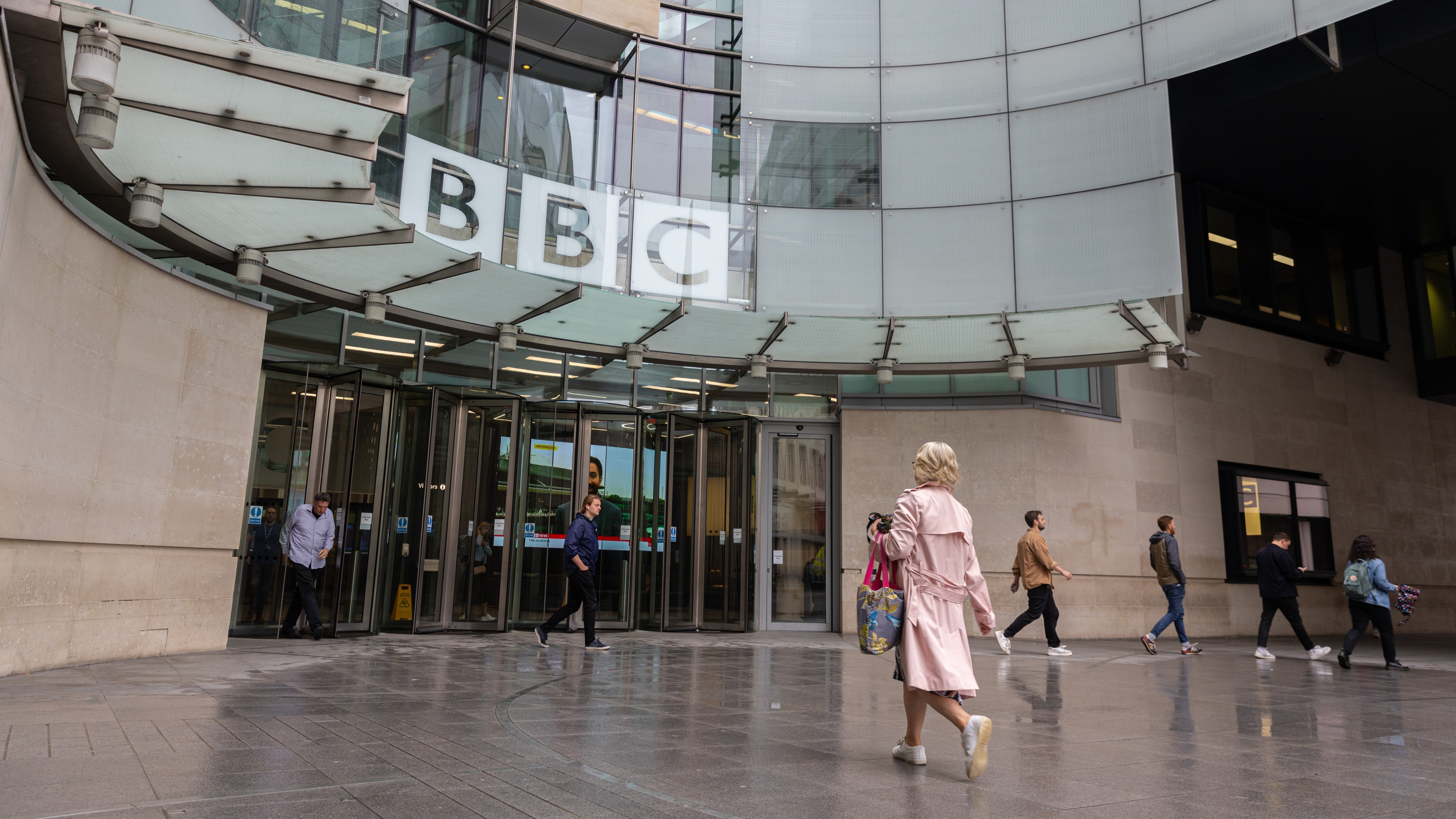Free-to-air sport broadcasting is worth €4.9bn to the European economy, according to a new report from the European Broadcasting Union (EBU).
Commissioned by the EBU from Oxford Economics, the report calculates that the economic impact of public service media (PSM) sports broadcasting contributed €4.9bn to Europe’s GDP and supported over 60,000 jobs in 2022.

The findings include direct contributions from content production and broadcasting and significant indirect and induced impacts due to supply chain spending and employees’ consumer expenditure. The study also explores wider impacts, such as the way in which PSM coverage attracts sponsorship income for sport.
Titled ‘The Economic Impact of the Sports Activities of Public Service Media’, the report evaluates the impact of 188,000 hours of free-to-air (FTA) sports programming across radio and television, from 44 EBU Members in 31 countries, including events such as the FIFA World Cup Finals and the World Athletics Championships. It also includes the online engagement of sports fans through websites, apps and social media.
The EBU said the report reveals the many benefits of FTA sports broadcasting on culture and society, reinforcing the “pivotal and unifying role” of PSM organizations in this space.
“Our analysis unveils a symbiotic relationship between free-to-air sports broadcasting and economic vitality, illustrating the far-reaching ripple effects of this dynamic industry right across the continent,” said Doug Godden, Lead Economist at Oxford Economics and author of the report. “What’s more, providing sporting action to audiences for free has great value to the public of the countries in which EBU members operate.”
The report broke down the economic footprint of EBU member sports broadcasting into three main areas:
Direct impact: PSM production and broadcasting of sports content contributed approximately €0.9bn to GDP and employed over 5,000 workers. Each worker generated an estimated economic value of €166,000.
Indirect impact: EBU Members’ spending on goods and services, including cameras, media rights, catering, and editing services, stimulated an additional €2.7bn in GDP and supported over 38,000 jobs across the region. Notably, spending on sports rights played a key role in driving this impact.
Induced impact: The economic activity generated by the wages paid to EBU member employees and those in their supply chain led to a further €1.4bn contribution to GDP and supported an additional 16,420 jobs.
The report also reinforces how PSM sports coverage is a catalyst for wider societal benefits such as promoting grassroots sports participation and health and wellbeing.
Glen Killane, Executive Director, Eurovision Sport, said: “This report underscores how central public service media is to the sports ecosystem in Europe. With a combined potential audience of 1 billion people, our members ensure that sport has the best shop window in the world to inspire and encourage the athletes of the future.

Stephen Nuttall unveiled as new Chair of IBC’s Partnership Board
Stephen Nuttall has been appointed as the new Chair of IBC’s Partnership Board. Made up of representatives from each of the six partner organisations which own IBC (IABM, IEEE, IET, RTS, SCTE and SMPTE), the IBC Partnership Board provides the governance and strategic oversight of IBC.

Saleha Williams appointed CEO of IABM
Saleha Williams has been appointed as the Chief Executive Officer (CEO) of IABM.

Comcast sets leadership team for ‘SpinCo’ cable unit
US media and telco giant Comcast has unveiled the leadership team for SpinCo as it prepares to spin off its cable television portfolio later in the year.

Labour exploring ‘alternative funding options’ to BBC licence fee
UK Culture Secretary Lisa Nandy is reportedly considering scrapping the BBC licence fee at the end of the Corporation's current charter in December 2027.

BBC Director-General Tim Davie to head Creative Cities Convention speakers
BBC Director-General Tim Davie has been lined up as one of the key speakers at this year’s Creative Cities Convention, being held from May 7–8 in Bradford as part of its UK City of Culture 2025 celebrations.



